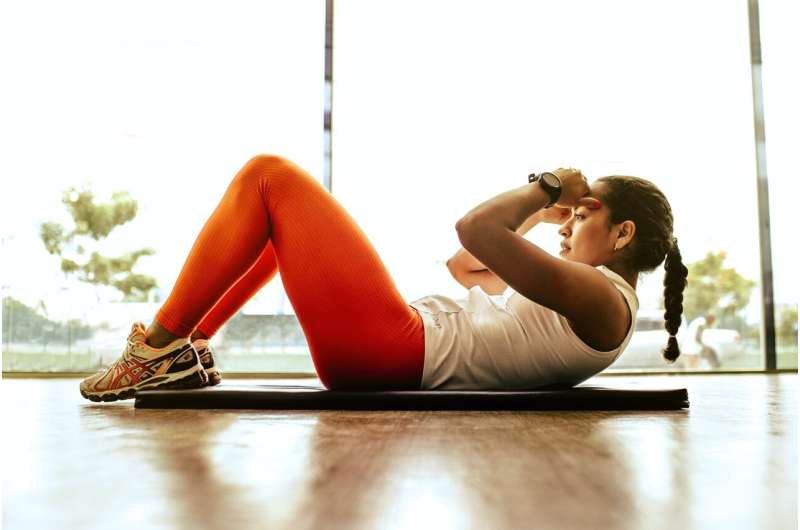Japanese Walking Trend Sparks Debate on Its Health Benefits

Discover the viral 'Japanese walking' routine that promises quick health benefits and explore what experts say about its effectiveness compared to traditional walking practices.
The viral fitness trend known as 'Japanese walking' claims to deliver the health benefits of walking 10,000 steps in just 30 minutes, without the need for a gym membership. This routine involves switching between brisk and slow-paced walking in three-minute intervals, making it accessible and easy to incorporate into daily life.
Emerging from a 2007 Japanese study, the method was recently popularized by Australian fitness influencer Eugene Teo, aka 'Coach Eugene', through TikTok and YouTube videos that garnered millions of views. Teo emphasizes the simplicity of the routine: walk fast for three minutes, then slow for three minutes, repeating the cycle five times. He suggests that performing this routine four or more days a week can improve blood pressure, leg strength, and aerobic capacity compared to moderate continuous walking.
Experts, however, remain cautious. Dr. Helga Van Herle, a USC cardiologist, pointed out potential biases in the original study, including monitoring inconsistencies that may have skewed results. Similarly, Dr. Parveen Garg warns that the protocol's complexity, requiring attention to pacing and technology, might be challenging for many individuals. He advises that similar benefits may be achieved with continuous vigorous walking, although more research is needed.
Research supports the notion that short bursts of vigorous activity have health benefits, such as reducing the risk of dementia, cancer, and cardiovascular disease. Nevertheless, some experts, including USC professor David Raichlen, find it premature to declare 'Japanese walking' superior to traditional walking routines. Raichlen emphasizes that promoting any walking activity is positive, but cautions against branding the method solely based on its origin.
The trend's popularity highlights broader social issues, including the rising costs of traditional fitness and the appeal of low-barrier, accessible health solutions, especially amid socioeconomic uncertainties. Social media, while spreading health trends, also raises concerns about misinformation. Experts advise viewers to critically assess health advice found online and to prioritize evidence-based practices.
Overall, while 'Japanese walking' is an intriguing movement that encourages increased physical activity through simplicity and social media influence, current scientific evidence does not conclusively prove it to be more effective than other forms of walking. Still, integrating intervals of higher effort into daily walks remains a promising strategy for improving health.
Stay Updated with Mia's Feed
Get the latest health & wellness insights delivered straight to your inbox.
Related Articles
The Impact of Weighted Vests on Fitness: Benefits, Usage, and Precautions
Discover how weighted vests can enhance your workouts, improve athletic performance, and how to use them safely for effective resistance training.
Is 7,000 Steps a Day Sufficient for Good Health? Insights from Recent Research
Recent research suggests that walking 7,000 steps daily offers significant health benefits, reducing risks for chronic diseases and increasing longevity. Learn how achievable step goals can improve your health.
Personalized Exercise Programs Improve Health Outcomes for Neuromuscular Disease Patients
A new study reveals that personalized home-based exercise programs combined with coaching significantly improve fitness and health outcomes for individuals with neuromuscular diseases.
Exercise Helps Maintain Vitamin D Levels During Winter, New Study Shows
New research reveals that regular moderate exercise helps maintain healthy vitamin D levels during winter, supporting immune and bone health without supplements.



